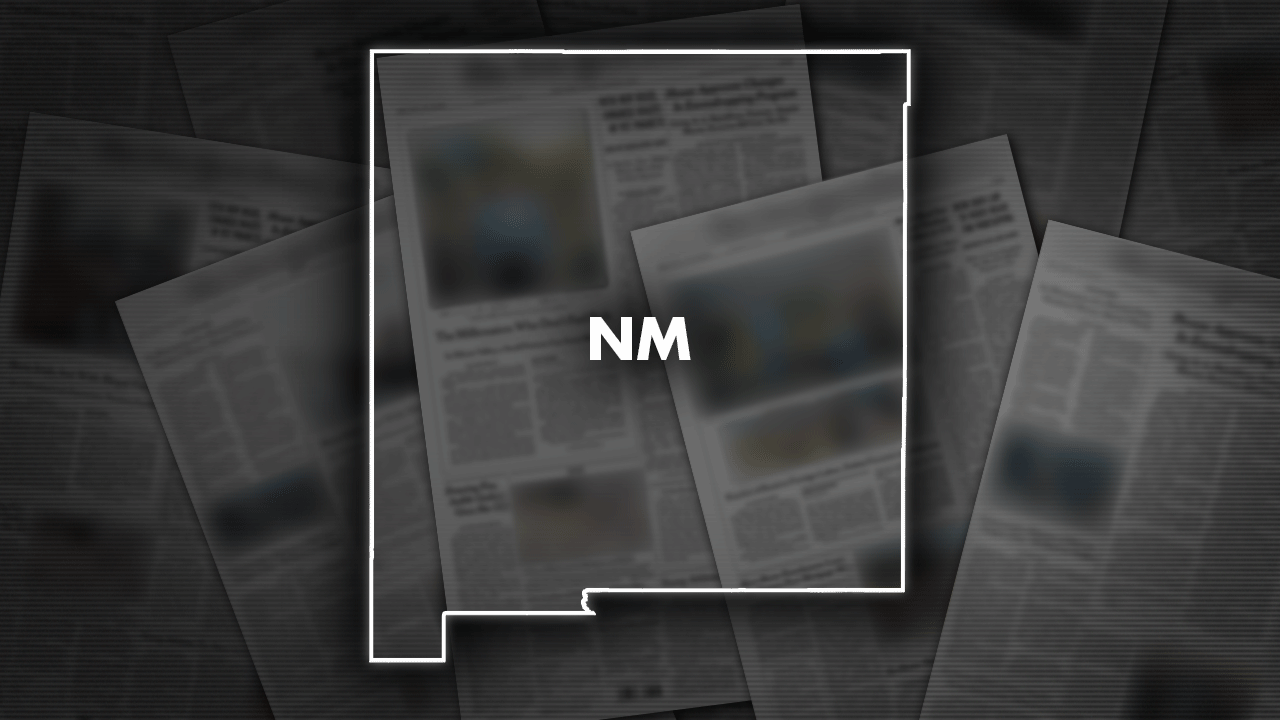President Joe Biden has told Israel that the US would withhold the supply of offensive weapons if it moved ahead with a full invasion of Rafah in southern Gaza, in his starkest warning yet over its conduct of the war against Hamas.
Biden’s comments, in an interview with CNN during a trip to Wisconsin, came after Washington had already paused a shipment of munitions heading to Israel, amid concern over its operations in Rafah, where more than 1mn Palestinian civilians have been sheltering.
The US has opposed Israel’s plans for an assault on Rafah, hoping instead to help broker a deal between Israel and Hamas to free hostages held in Gaza and reach a ceasefire lasting at least six weeks.
But with the fate of those talks still uncertain, Biden publicly warned Israel that Washington would curtail its supply of weapons depending on its conduct in Rafah — a step that his administration had been unwilling to take until now.
“Civilians have been killed in Gaza as a consequence of those bombs and other ways in which they go after population centres,” Biden told CNN.
“I made it clear that if they go into Rafah — they haven’t gone in Rafah yet — if they go into Rafah, I’m not supplying the weapons that have been used historically to deal with Rafah, to deal with the cities, that deal with that problem.”
Lloyd Austin, the US defence secretary, told a congressional hearing earlier on Wednesday that Washington had “paused one shipment of high payload munitions” to Israel over concerns about its looming ground operation in Rafah.
“We’re going to continue to do what’s necessary to ensure that Israel has the means to defend itself,” he said. “But that said we are currently reviewing some near-term security assistance shipments in the context of unfolding events in Rafah.”
Israel sent ground troops into Rafah on Monday night, seizing the main border crossing between Gaza and Egypt. It has threatened to expand the operation in a city it calls Hamas’s last stronghold.
The pause in arms supplies marks the first known time that the US has held up a potential weapons delivery since Hamas attacked Israel on October 7 and the Jewish state launched its retaliatory offensive against the militant group in Gaza.
The US decided to withhold the shipment last week after discussions over how Israel would meet the humanitarian needs of civilians in Rafah did not fully satisfy Washington’s concerns.
Israel’s military tried to play down any rift, with Israel Defense Forces spokesman Daniel Hagari saying the allies would resolve any disagreements “behind closed doors”.
In addition to the shipment paused last week, Washington was “reviewing others,” said Matthew Miller, the state department spokesperson. “We remain committed to Israel’s defence, but in the context of the unfolding situation in Rafah, it is a place where we have very serious concerns, and that’s why we take the actions we take.”
A senior US official said the process that led to the shipment pause began in April, with the Pentagon ultimately withholding 1,800 2,000-pound bombs and 1,700 500-pound bombs.
The use of some of the most destructive US-supplied bombs in Israel’s arsenal has come under intense international scrutiny since their use in heavily populated areas can lead to unforeseen civilian casualties. The US military has used 2,000-pound bombs only sparingly in its recent military campaigns in the region.
“We are especially focused on the end-use of the 2,000-pound bombs and the impact they could have in dense urban settings, as we have seen in other parts of Gaza,” the senior US official said. “We have not made a final determination on how to proceed with this shipment.”
The Biden administration had also informally delayed shipments of Joint Direct Attack Munition kits and small-diameter bombs, according to people familiar with the matter. The official said these cases remained under review.
“For certain other cases at the state department, including JDAM kits, we are continuing the review,” the official said. “None of these cases involve imminent transfers — they are about future transfers.”




































